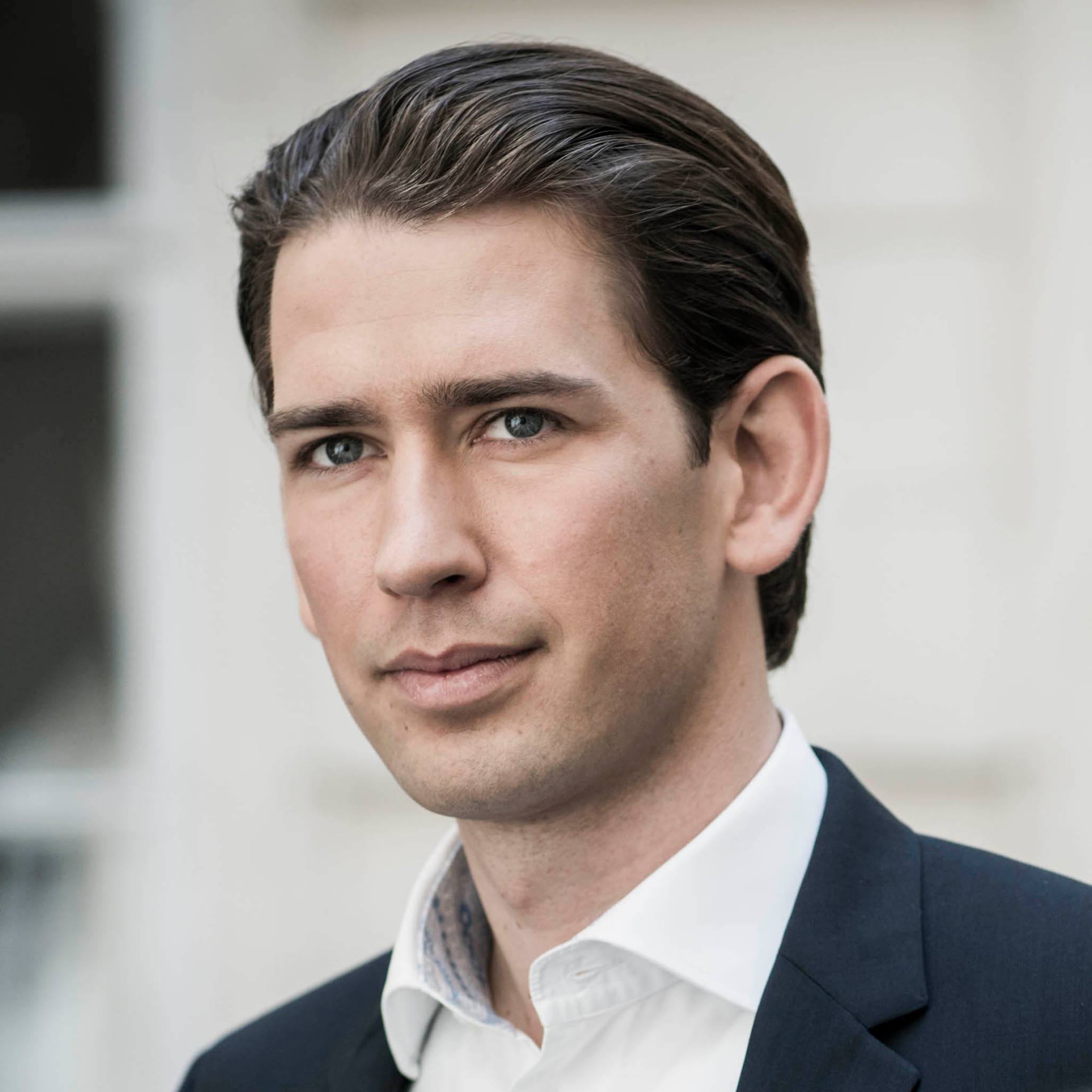
An erstwhile ally and finance minister of former Austrian Chancellor Sebastian Kurz, who resigned and subsequently left Austrian politics last year amid an alleged corruption scandal involving him and his People’s Party (ÖVP), has agreed to testify against his former employer. The road is now cleared for the disgraced chancellor’s official prosecution.
Various Austrian media outlets have reported that Thomas Schmid, a former senior finance ministry official and a central figure in the 2021 scandal which brought down Kurz, is bargaining for a plea deal with Austria’s public prosecutor’s office, which specializes in handling corruption cases.
That scandal, which exposed Kurz—once considered the golden boy of the European Right—and his inner circle as using public money to bribe the newspaper Oe24 to publish polls favoring him, rocked Austrian politics.
As a key witness, Schmid now has implicated Kurz, who has been a person of interest since investigations started, but could not be nailed down.
The first details of Schmid’s two-week conversations with prosecutors came out on Tuesday evening, October 18th. The official alleges that when the first information about the so-called ‘poll scandal’ came out, the former chancellor asked him to take all the blame.
Schmid claims that Kurz—who resigned while still denying any personal involvement—in fact knew of and was part of the scheme.
According to excerpts of the minutes released by public broadcaster ORF, Schmid admitted to setting up the bribery scheme proposed by his superior. “A conversation with Kurz was the starting point for me. For me, it was an order from the next boss, and I was full of drive,” he reportedly said.
The former Secretary General in the Ministry of Finance also spoke on several other corruption scandals that mainly affected the People’s Party (ÖVP), the conservative party currently holding power under the auspices of Chancellor Karl Nehammer.
Kurz’s lawyer, Werner Suppan, has denied the veracity of Schmid’s statements. The man himself took to Facebook to defend his reputation, saying that the statements by his former colleague were “no surprise” to him.
“He is attempting to gain witness status by filing charges against others, including me, so that he can walk free,” he said, adding that “the accusation that I have committed a crime with an opinion researcher whom I have never met in my life and who has personally stated not knowing me is absurd for many reasons.”
Kurz went on to address allegations of embezzlement. To him, it made no sense that he would make use of the Ministry of Finance’s budget to buy a falsified opinion poll, as other, far more considerable, sources were available to him. In light of the millions of euros available in the Foreign Ministry (where he had been minister) the Political Academy, as well as in the ÖVP, “what sense would it make for me to embezzle a few thousand euros per year in the Ministry of Finance?” he said. He concluded that he looked forward to proving these allegations were false in a court of law.
Prosecutors had been pursuing Kurz for some time. Besides their looking into accusations that Kurz, together with his inner circle, used public money to pay Oe24 for polls to boost his image, they also suspect that in return for running the surveys, and in addition to flattering coverage of Kurz, the news outlet received lucrative public adverts.
It is suspected that these underhanded efforts were made to help Kurz, already government minister at the time, take over leadership of the ÖVP on May 14th, 2017.
He went on to become Chancellor of Austria twice (one time on 8 December 2017, and another on 7 January 2020), while under the age of 35, making him the youngest chancellor in Austrian history.
When the following year news of the allegations surfaced, Kurz initially refused to resign. After being placed under formal investigation, he stepped down on October 9th, 2021 “to resolve the impasse,” and “prevent chaos.” He was succeeded by ÖVP party member Alexander Schallenberg. The current chancellor, Karl Nehammer, took over from Schallenberg in December of that year.
Ever since leaving the world of politics behind, Kurz has been busy applying himself elsewhere. Since 2022, he has been working as a global strategist for Thiel Capital, the California-based private investment company of American billionaire Peter Thiel. On January 9th, he was appointed co-chairman of the NGO European Council on Tolerance and Reconciliation, which since April has put its activities on hold over the British government’s sanctioning of founder and president Dr. Moshe Kantor, a decision the organization calls “both misguided and unfounded and which should be promptly reversed.” Kantor is a Russian businessman, who has been sanctioned for being the largest shareholder of fertilizer company Acron, which has “vital strategic significance for the Russian government,” according to Westminster.
With time freed up, Kurz, it would seem, went looking for other opportunities.
Last week, perhaps made to coincide with the release of his book Let’s Talk Politics, Kurz announced his latest venture. Together with the ex-head of Israel’s NSO Group, known as the originator of the controversial Pegasus spyware (which we reported on here and here), he founded a new cybersecurity company.
The Tel Aviv-based firm ‘Dream Security’ is to “offer solutions for protection” against cyberattacks on basic infrastructures such as energy, water, and health services, Kurz wrote on Facebook.
